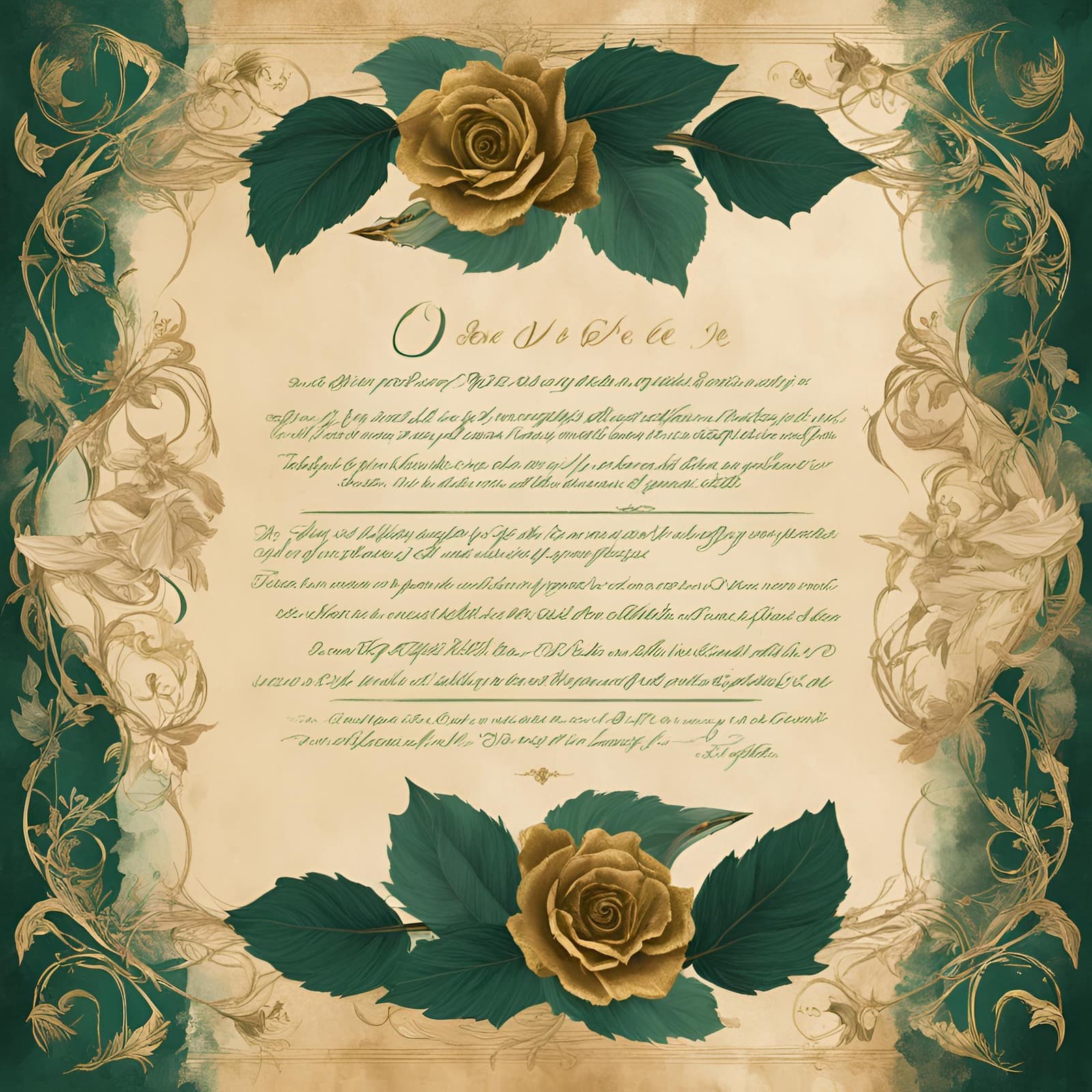莎士比亚十四行诗第77首 | 莎士比亚十四行诗
更新时间:1/19/2025, 12:32:29 PM

原文
Thy glass will show thee how thy beauties wear, Thy dial how thy precious minutes waste; The vacant leaves thy mind’s imprint will bear, And of this book this learning mayst thou taste. The wrinkles which thy glass will truly show, Of mouthed graves, will give thee memory; Thou by thy dial’s shady stealth mayst know Time’s thievish progress to eternity. Look what thy memory cannot contain, Commit to these waste blanks, and thou shalt find Those children nursed, delivered from thy brain, To take a new acquaintance of thy mind. These offices, so oft as thou wilt look, Shall profit thee, and much enrich thy book.
译文
镜子会告诉你,你的美貌在凋零,
日规会告诉你,你的光阴在偷移;
空白的册页会负载你心灵的迹印,
你将从这本小册子受到教益。
镜子会忠实地显示出你的皱纹,
会一再提醒你记住开口的坟墓;
凭着日规上潜移的阴影,你也能
知道时间在偷偷地走向亘古。
记忆中包含不了的任何事物,
你可以交给空页,你将看到
你的脑子所产生、养育的子女,
跟你的心灵会重新相识、结交。
这两位臣属,只要你时常垂顾,
会使你得益,使这本册子丰富。
注释
可能是这样:诗人送礼物与爱友,礼物是一本空白的记事手册,册子封面内装有小镜子一面,另有日规(精巧的小计时器)一个。诗人的用意是他的爱友可以从镜子和日规得到教益:时间永远在奔流,人在逐渐衰老。而那本册子,则可以用来记录他爱友的思想,使思想不致消亡。——第六行中的“开口的坟墓”是“皱纹”的强烈的比喻,比较:“浅沟深渠”(第2首第二行),“深沟浅槽”(第60首第十行)。第十一、十二行:写下来重加考虑的思想与原来单单在脑中出现的思想不同;或:重读自己过去写的东西会有新鲜感。第十三行:“臣属”若直译应作“职务”、“责任”,指镜子与日规的作用。